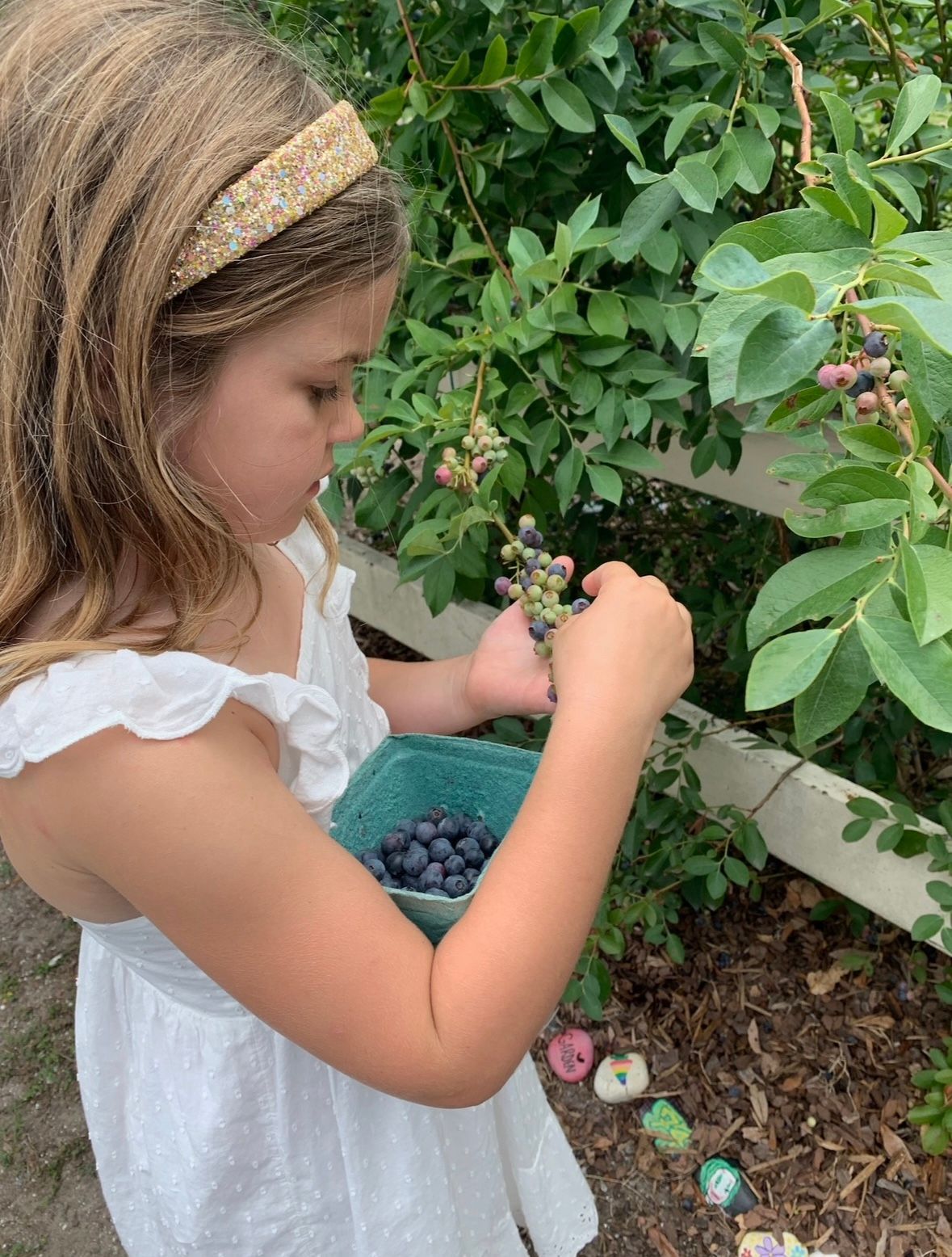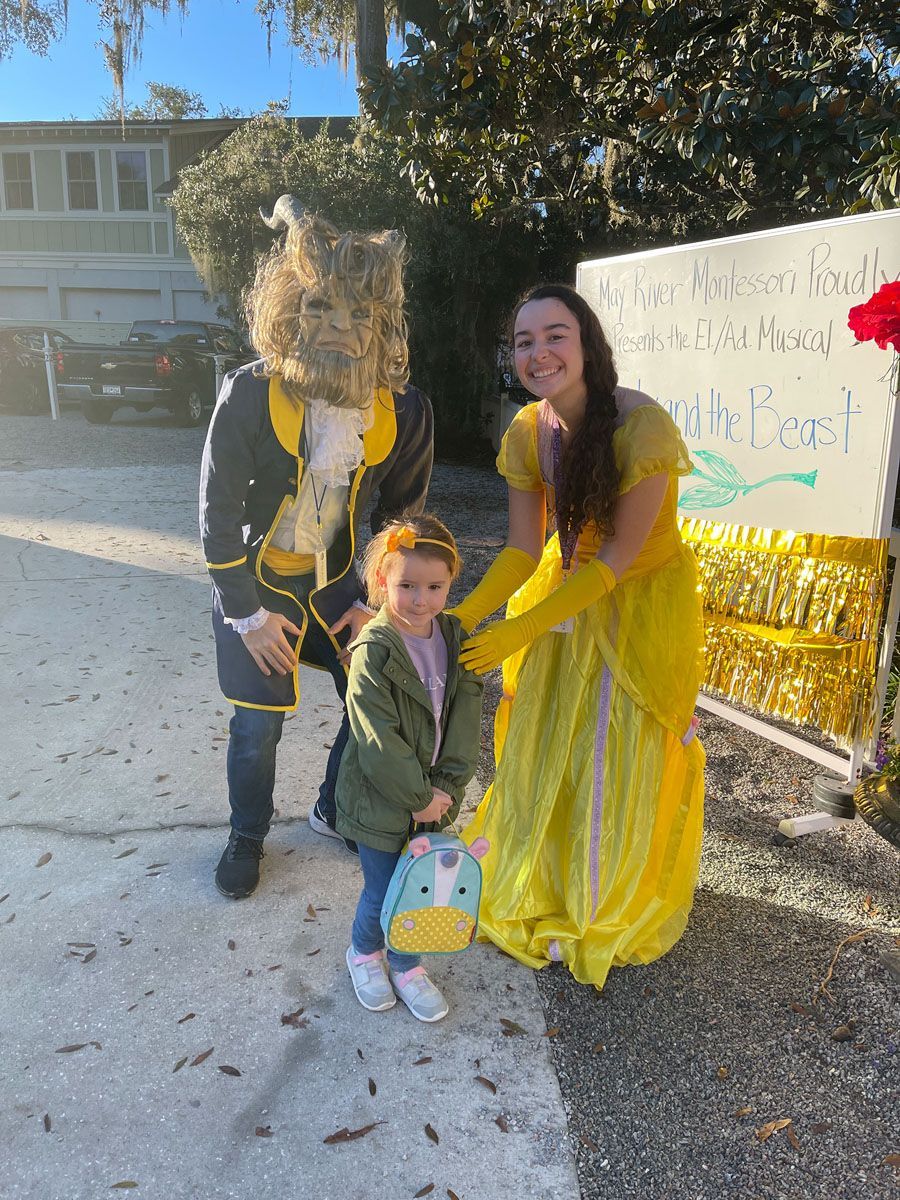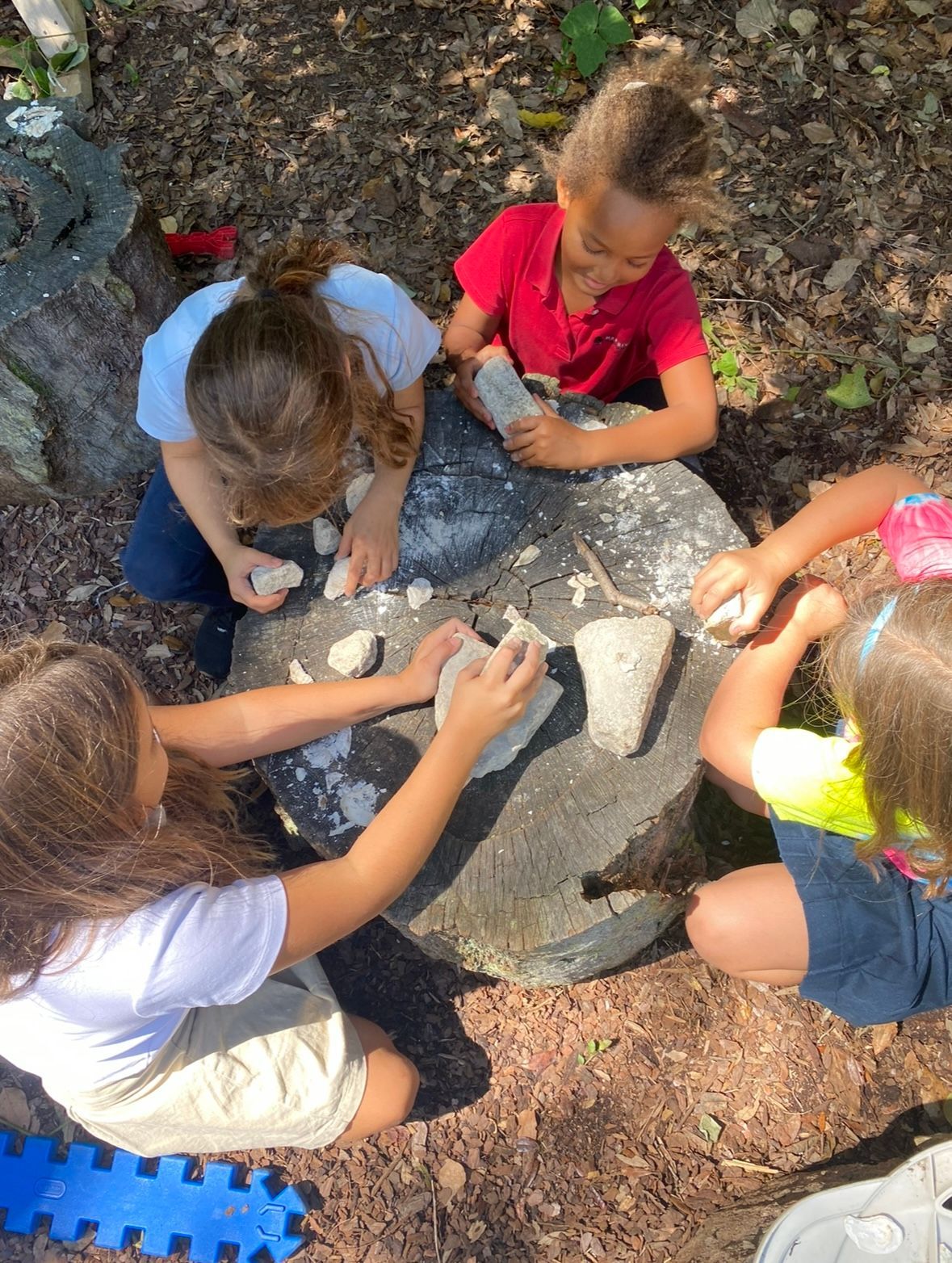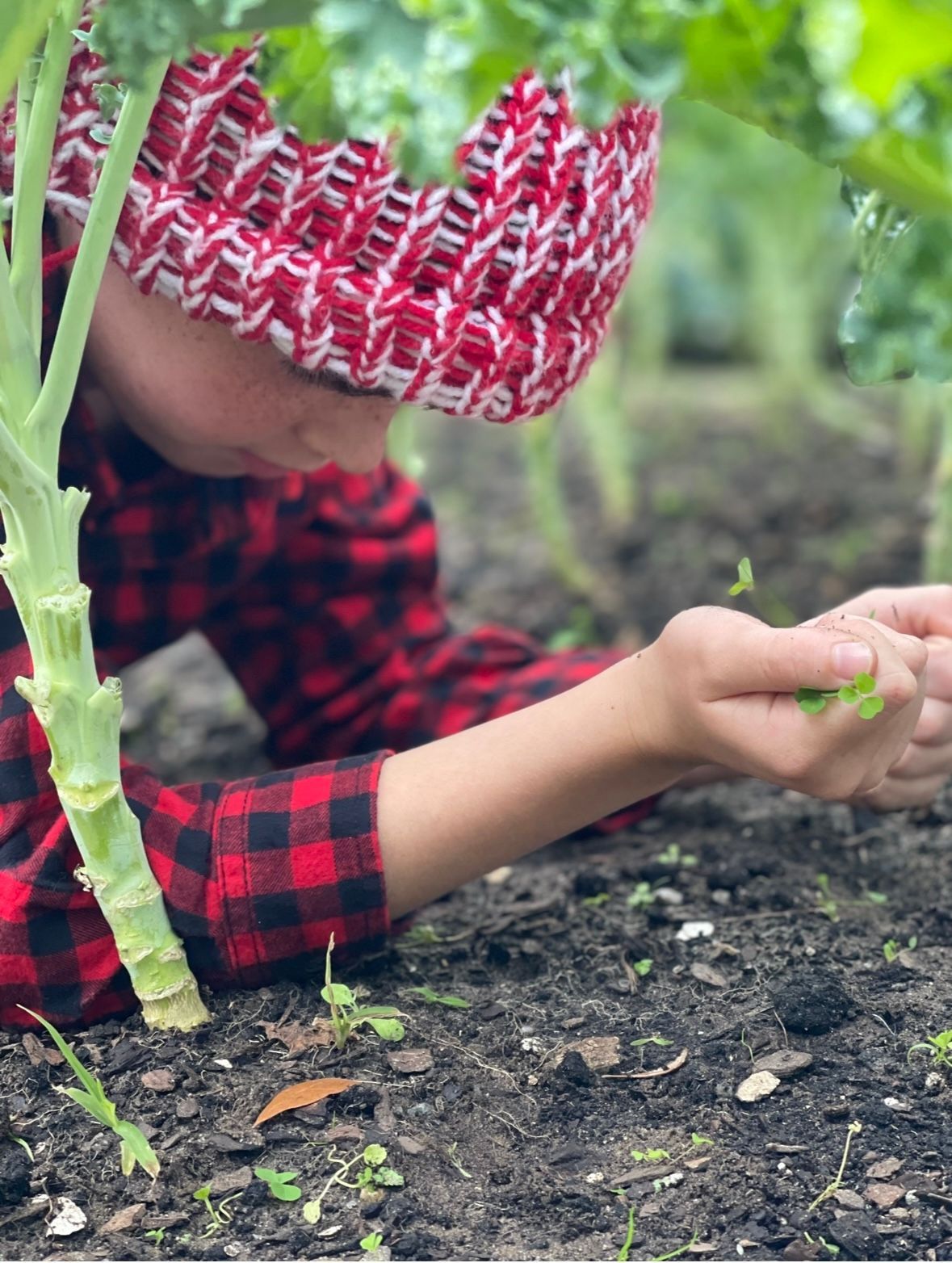The Power of Outdoor Learning in Montessori Education

The Montessori philosophy has long emphasized the importance of connecting children with nature. In an era where screens and indoor activities dominate childhood experiences, Montessori schools continue to integrate outdoor education as a core component of their curriculum. But what does research say about the benefits of outdoor learning? Let’s dive into how nature-based education aligns with Montessori principles and enhances child development.
Nature as the Ultimate Classroom
A 2023 study titled "Nature-Based Education in the Light of Montessori Philosophy" highlights the essential role of outdoor experiences in Montessori learning. The research underscores that engaging with nature fosters cognitive, social, and emotional growth, promoting a sense of wonder and environmental stewardship.
Montessori education naturally incorporates outdoor exploration, allowing children to experience firsthand the cycles of nature, plant growth, and the interdependence of living organisms. Sensory experiences in the outdoors—such as feeling the texture of leaves, listening to birds, or digging in the soil—enhance learning retention and critical thinking.
Boosting Emotional and Social Development
Beyond academic benefits, time spent outdoors supports emotional well-being and social development. A 2020 study titled "Outdoor Education in Maria Montessori’s Philosophy" found that outdoor learning environments promote inclusion and engagement, particularly for children with diverse learning needs. Unstructured outdoor play fosters collaboration, problem-solving, and resilience—key attributes Montessori seeks to nurture in every child.
Enhancing Self-Regulation and Focus
One of the biggest concerns in early childhood education today is the increasing difficulty children face with self-regulation and attention span. A 2024 study explored the relationship between outdoor education and self-regulation in Montessori classrooms. Although external factors influenced the results, the study pointed to the potential benefits of outdoor time in improving children's ability to focus and self-manage emotions.
How Montessori Schools Can Embrace Outdoor Learning
Montessori schools can maximize the benefits of outdoor education by:
- Creating dedicated outdoor classrooms with natural materials.
- Encouraging gardening, animal care, and nature walks as part of daily activities.
- Incorporating mindfulness practices like outdoor meditation and nature journaling.
- Providing ample free playtime to encourage exploration and discovery.
By fostering a strong connection to nature, Montessori schools help children develop a sense of responsibility, curiosity, and respect for the world around them. If you’re looking for an education model that nurtures both academic excellence and a deep-rooted love for nature, Montessori is a perfect fit.
Are you interested in learning more about Montessori and outdoor education? Follow our blog for more insights, or visit a Montessori school near you to see this incredible philosophy in action!
Do you have questions or are you interested in learning more about our school and programs?
Office@MayRiverMontessori.com
MayRiverMontessori.com
843-757-2312





